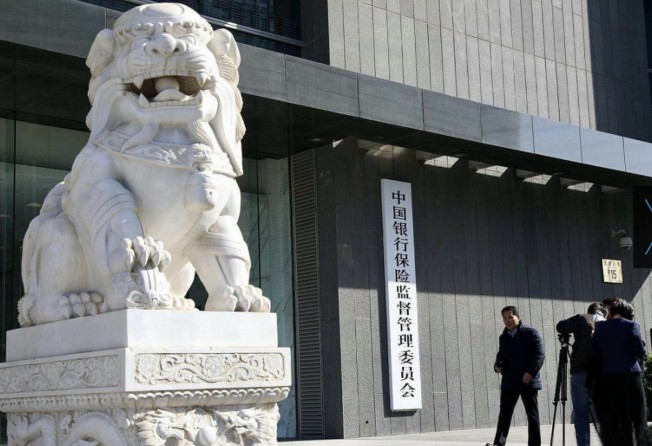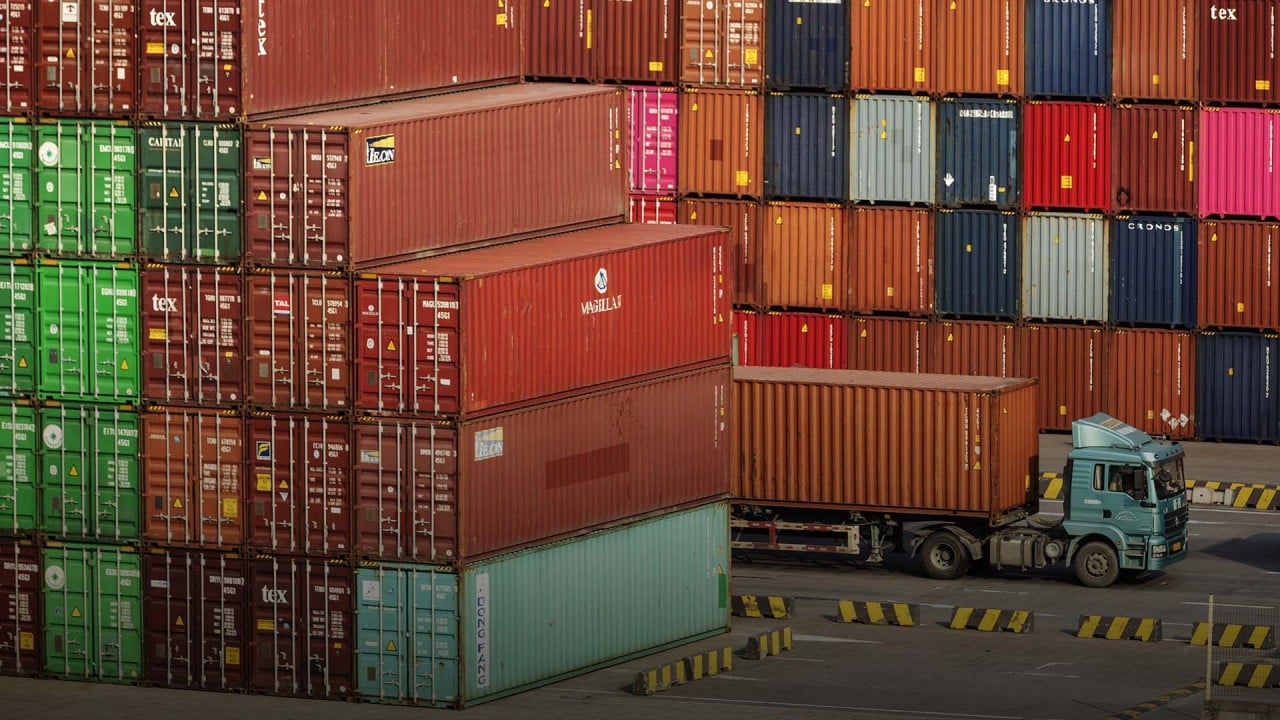
China to scrap foreign ownership cap for firms managing US$2.9 trillion in insurers’ assets
- Draft rules pave the way for foreign investors to raise their stakes in insurance asset management companies to 100 per cent and assume control
- Announcement seen as signalling China’s commitment to removing foreign ownership limits

In a boost for overseas insurance companies, China is set to scrap a cap on foreign ownership of insurance asset management companies under draft rules announced on Friday.
The China Banking and Insurance Regulatory Commission (CBIRC) will scrap a 25 per cent foreign ownership cap for such companies, paving the way for foreign investors to raise their stakes to 100 per cent and assume control. The regulator said it would collect public opinion on the rule change for a month.
“The relaxation will offer the same treatment to both foreign and local investors who are shareholders of insurance asset management companies. This will help to attract more high-quality international insurance companies and asset management firms to participate in the mainland insurance asset management industry,” the CBIRC said on its website.
Insurance asset management companies invest assets of China’s insurance companies, which were worth 18.7 trillion yuan (US$2.9 trillion) as of the third quarter of this year, in bonds, stocks or properties. The country’s insurers have been allowed to set up such firms since 2004, and there were 31 of them as of the third quarter.
Before Friday’s announcement, such companies could only be owned by local insurance companies with no less than a 75 per cent stake.

China Life Asset Management, which is part of state-owned China Life Insurance, is the largest player with 4.1 trillion yuan in assets under management as of last year, for instance. The asset management arm of Ping An Insurance, with 3.7 trillion yuan in assets under management, was the second largest, while Taikang Insurance Group’s asset management unit with 2 trillion yuan was third, according Investment and Pension Europe data.
“The relaxation is certainly encouraging for foreign companies, particularly insurers with global operations. This will allow international insurers to bring in diverse knowledge and best practices around risk management and governance to mainland China,” said Eric Hui Kam-kwai, CEO of Zurich Insurance (Hong Kong).
The draft rules revealed on Friday also tackle risk management and governance. Such companies were responsible for investing “the insurance assets of the country”. They require an updated regulatory framework to address the problems of “some regulatory loopholes and outdated rules”, the CBIRC said.
Insurance asset management companies had become increasingly important as they helped manage policyholders’ assets for better financial outcomes, said Bernhard Kotanko, senior partner at McKinsey. “Following the removal of the foreign ownership cap for insurance companies, this announcement is a logical next step. This will further foster the ability of international insurers to play a meaningful role in the development of the insurance sector in China,” he added.
Friday’s announcement comes ahead of the 20th anniversary on Saturday of China’s joining the World Trade Organization, and is being viewed as signalling its commitment to removing foreign ownership limits.
It comes amid a sweeping liberalisation of the country’s financial industry, which has seen the government ease ownership barriers for insurance companies, stockbroking and asset management companies and banks over the past few years.
